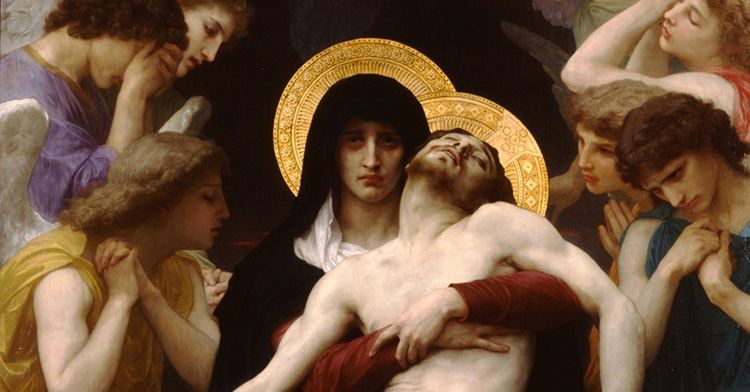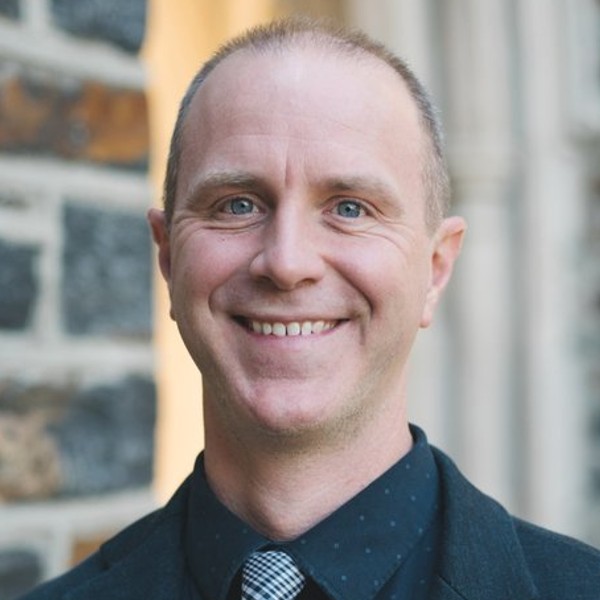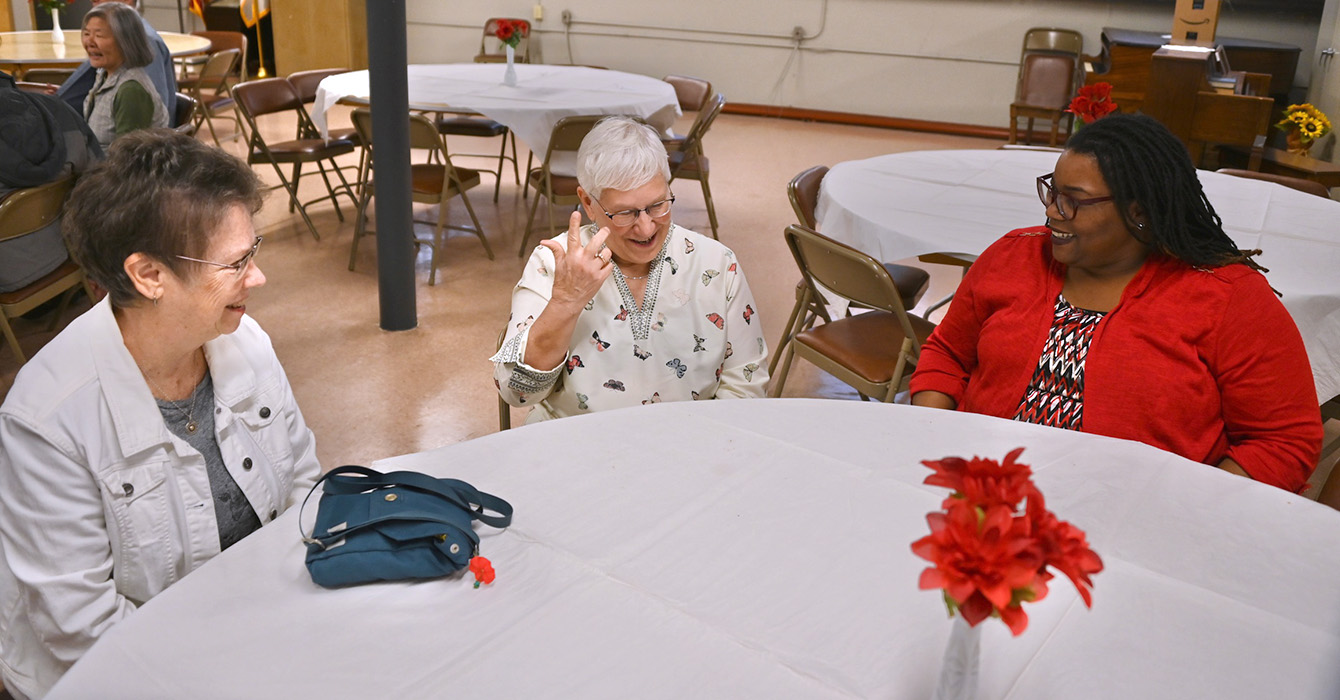It is easy to idolize first-generation leaders, the women and men who birthed colleges and built nonprofits from nothing.
Our buildings now carry their names, and they gaze out at us from bronze busts in our hallways. They cut heroic figures in our institutional imaginations, but the sentimentalism that can surround them is unfair to them and unhelpful for those of us who seek to learn from them. This certain romanticizing removes them from the complexities of the realities they faced, making them look frighteningly omniscient.
After all, in hulking sculptures, no one carries regrets. In oil paintings, no one bears the scars of the sacrifices their work necessitated.
To meet first-generation leaders in person is something altogether different. To admire them is easy; to sentimentalize what they are doing, impossible.
Take, for example, Joseph.
He is part of the first generation of United Methodists in Senegal. His story sounds like those of the first Christians -- he was welcomed into the church one day, ordained the next and made a regional leader the next.
Joseph is now responsible for overseeing the work of 14 other pastors, each with a similar meteoric journey into the ordained life, each presently supervising congregations and lay pastors themselves. The 15 of them represent almost the entire first generation of indigenous leaders and, together, are responsible for the hundreds of United Methodists spread throughout the country.
For each of them, becoming a Christian and becoming a leader within the church has been costly. They have been thrown out of their homes. They have lost jobs. Their families have forsaken them. They know people who have converted and been killed.
When they speak of sacrifice, they speak of what they know, but as Joseph says resolutely, “We knew that we would have to sacrifice ourselves in order for there to be a second generation.”
While Joseph and his fellow leaders are certain of their calling to this work, they are likewise humbled by it. As he tells the story of his own leadership, Joseph speaks of the risks that he took in faith, of the times when he tried something in service of his people and when the thing collapsed around him.
Yet, in the stories of his failures, there is never despair; there is only the gift of a lesson learned and the sure trust that God will somehow honor the intent and bring something good to the people in the end.
The cost that they have borne and the humility that each of them embody are underscored by their awareness of the vulnerability of the church’s nascent witness in Senegal, and they feel the weight that their leadership carries. They know that their example will, in no small part, determine the church’s future with people of other religious commitment and of no commitment at all.
It is no surprise, then, that when Joseph prays he pleads for greater guidance, courageous strength and deeper love.
For those of us who serve in institutions with histories long enough to be enshrined in bronze and marble, it is a gift to encounter first-generation leaders, not only to experience their passion and their resolve but also as a reminder. Our institutions may not be as fragile or our context as fraught, but these leaders remind us that institutions still need us to sacrifice deeply, risk greatly and feel the weight of our example.








